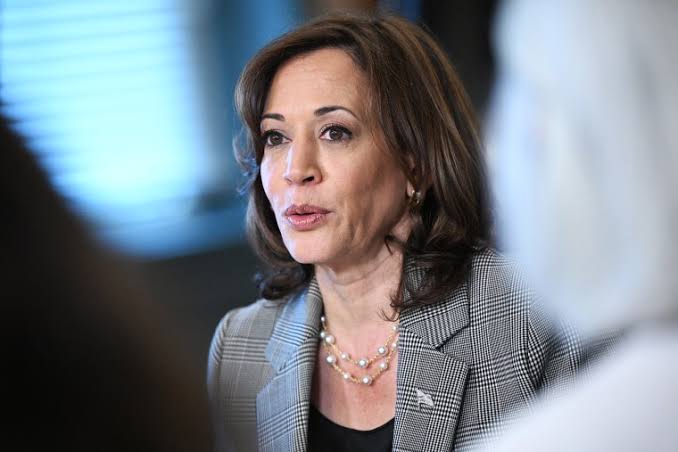As a Nigerian, I am deeply concerned about recent developments in education, both in Nigeria and abroad. One of the key issues that has caught my attention is the removal of history as a secondary school subject in Nigerian curriculums. History is the foundation of our identity, culture, and understanding of the world. It is disheartening to witness its decline in importance, as it deprives young Nigerians of vital knowledge about their past and the lessons that history can offer for the future.
In Nigeria, history has long been a fundamental subject in secondary education. It helps students connect with their roots, understand the struggles and achievements of their ancestors, and gain insights into the broader context of world events. However, in recent years, there has been a gradual shift away from prioritizing history in the curriculum. Instead, the focus has been placed on technical and vocational subjects, reflecting the evolving needs of the job market.
While the emphasis on technical skills is essential for progress and development, neglecting history is a grave mistake. Understanding our past provides a framework for addressing present challenges and shaping a better future. By removing history from the curriculum, we risk creating a generation unaware of their heritage, culture, and the mistakes of the past. This detachment can lead to a loss of national identity and a limited perspective on global issues.
Moreover, as Nigerians have migrated to the United States and other countries seeking better opportunities, the erasure of history in our homeland could impact the experiences of those who settle abroad. Kamala Harris’ recent call for truth in education is particularly relevant in this context. Her condemnation of the controversial new standards for Black history in Florida reflects the larger issue of historical distortion and whitewashing that can occur in educational systems.
The Florida board of education’s decision to teach that some Black people benefited from slavery is a prime example of “revisionist history.” Such a narrative not only perpetuates stereotypes but also denies the true suffering and systemic oppression that millions of Black people endured during that dark period of American history.
For Nigerians who have relocated to the US, this distortion of history could affect their understanding of the country they now call home. It could lead to misconceptions and misunderstandings about race relations and social issues, ultimately hindering the pursuit of true equality and justice.
Kamala Harris’ stand against such historical inaccuracies is a welcome move. By advocating for accurate and inclusive education, she underscores the importance of teaching the unvarnished truth about history. This aligns with the values of education that Nigeria should uphold, ensuring that students receive a comprehensive understanding of their past and the world they live in.
The removal of history from Nigeria’s secondary school curriculums is a concerning trend that could have far-reaching consequences for our national identity and understanding of the world. As Nigerians who may have relocated to the US, the impact of historical distortions in foreign educational systems should also be on our radar. Kamala Harris’ call for truth in education serves as a valuable reminder of the importance of preserving and teaching history accurately. It is vital for Nigerians, both at home and abroad, to advocate for the restoration of history as a crucial subject in our schools and ensure that future generations are equipped with the knowledge and wisdom of the past.
Post Views: 3,302





















